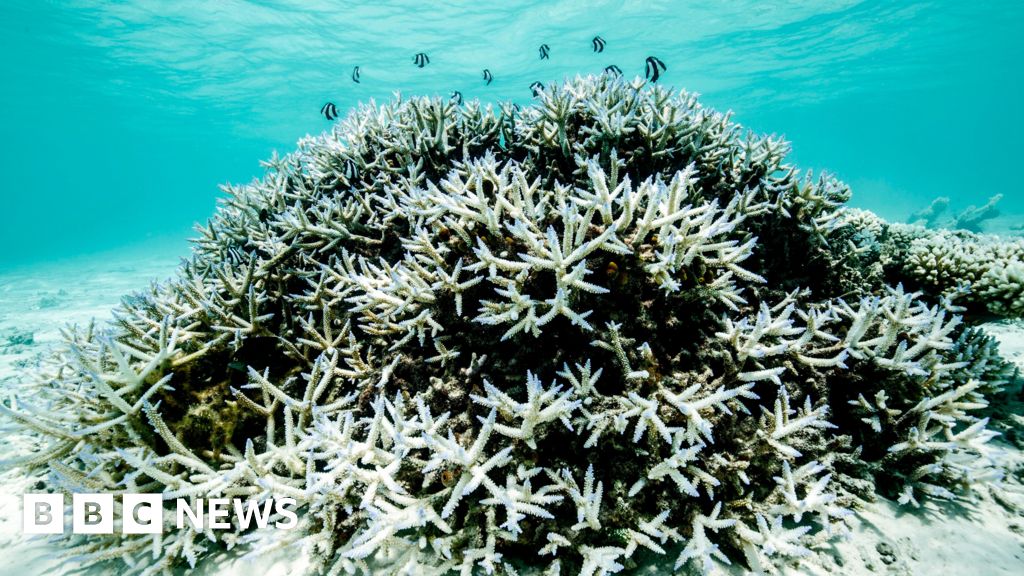The Great Barrier Reef faces a “bleak future,” with a significant coral decline projected by 2050 due to climate-induced heat stress, according to a study from the University of Queensland. Although rapid coral loss is predicted regardless of emissions scenarios, the study suggests that some coral species may adapt and recover if global warming is limited to below 2°C. Researchers found that corals near cooler water streams show greater resilience.
The study highlights the critical importance of reducing carbon emissions to avert reef collapse. Severe marine heat waves between 2016 and 2022 have led to massive coral bleaching, resulting in unprecedented coral loss.
While some coral reefs could partially recover post-2050, this is contingent on slow ocean warming. The Paris Agreement aims to limit global temperature rises to 1.5 to 2 degrees Celsius, with researchers asserting that many reefs could survive under these goals. However, as temperatures rise, most reefs risk severe decline.
Identifying resilient areas within coral networks could help focus conservation efforts, offering a potential strategy for protecting these vital ecosystems.
Source link


